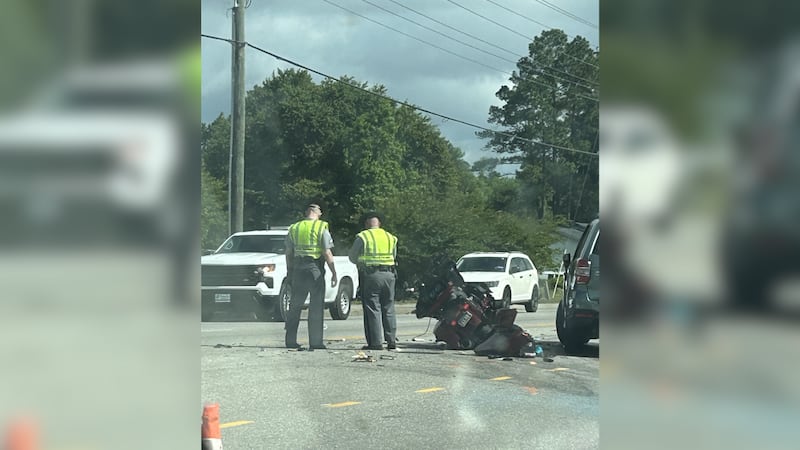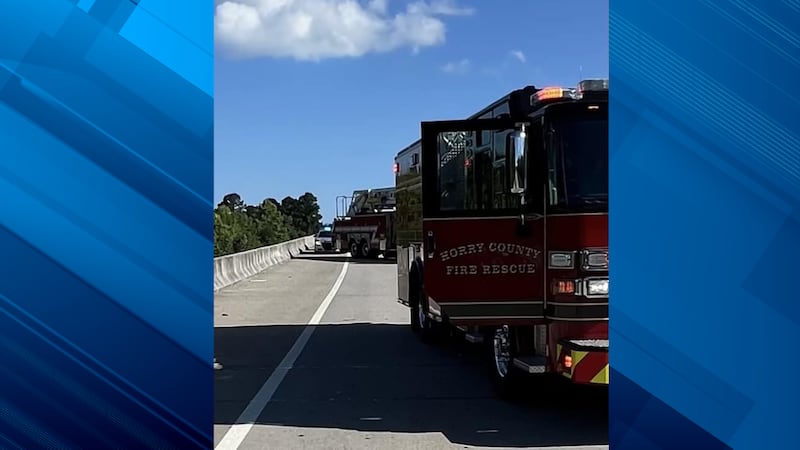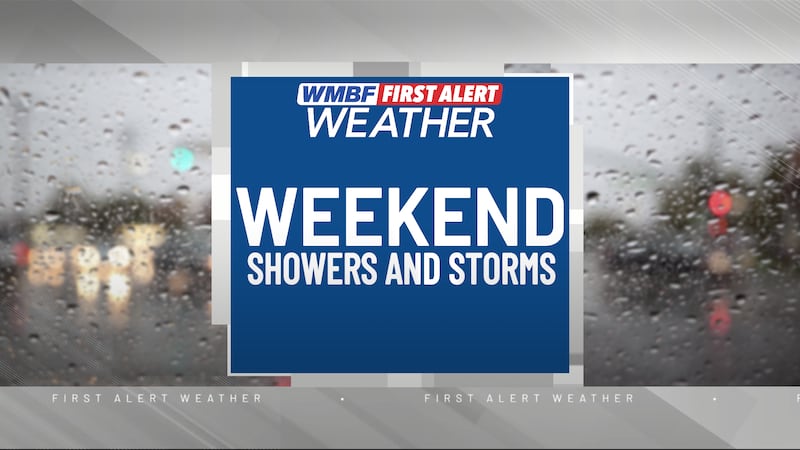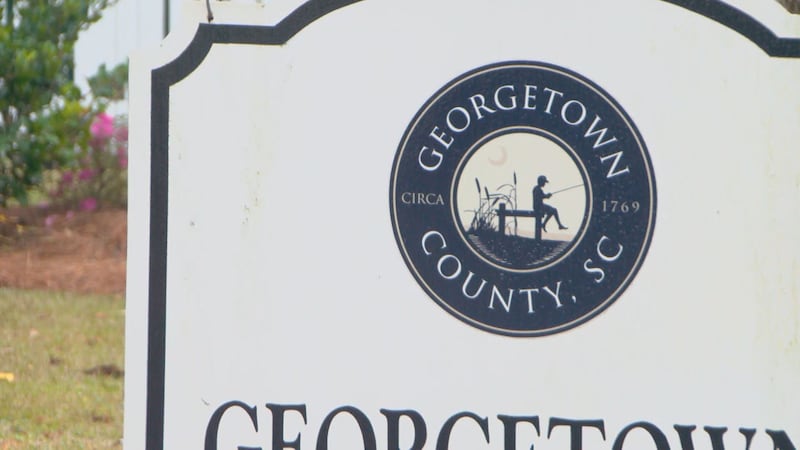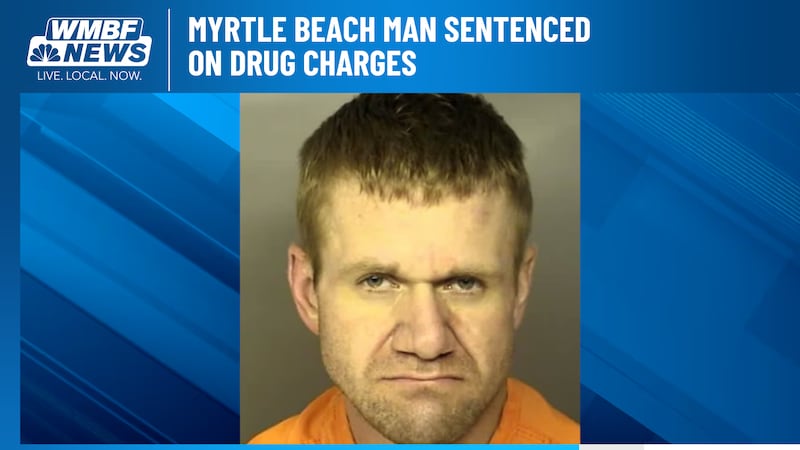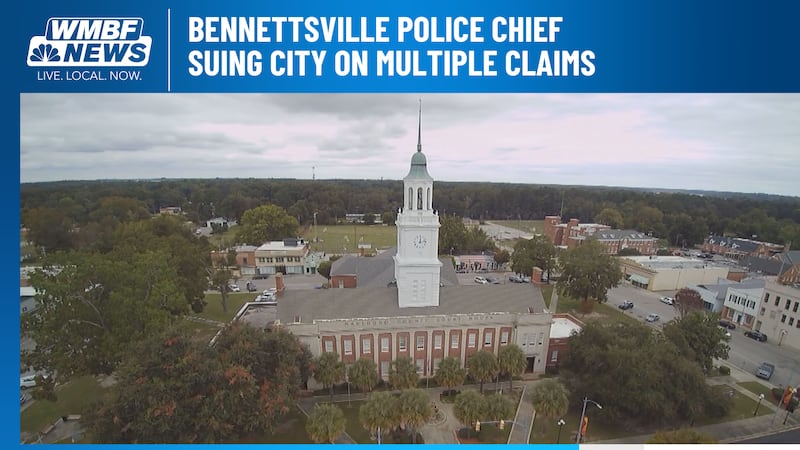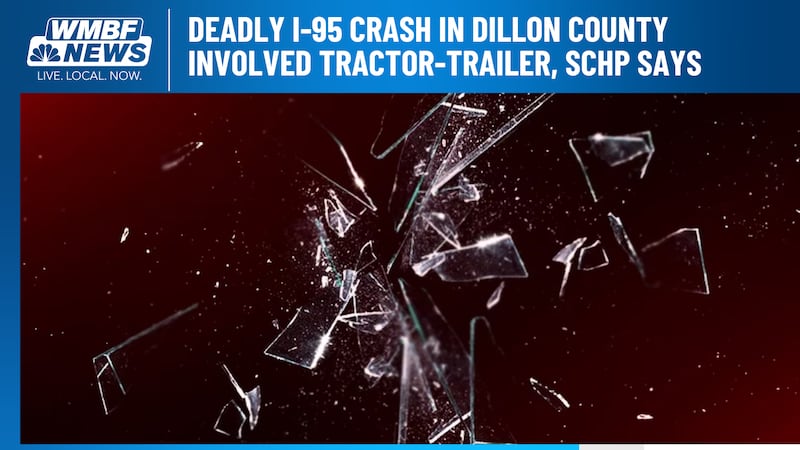Horry County family claims state’s DUI law allows for repeat offenses, minimizes charges
HORRY COUNTY, S.C. (WMBF) - A Horry County family is fighting for justice after they were hit by a repeat drunk driver in September 2022.
Horry County officials believe loopholes in South Carolina’s DUI statute allow for dropped or lowered charges, leading to repeat offenses.
Stephanie Webster and her teenage daughter Brynleigh were on an evening fast food run along Carolina Forest Boulevard. Webster said all of a sudden, she was slammed into by another car coming in the opposite direction.
She said it didn’t take her long to believe the driver was drunk.
“It has hijacked our life for the last year. Doctor visits, attorney visits, out-of-pocket expenses, missed time for work, so it’s been challenging trying to, you know, recover from the whole incident,” Webster explained.
Webster said she later learned the driver of the other car, Andrew Keppler, was arrested that September night for drinking and driving. Horry County public records show he pleaded guilty to DUI on Oct. 24, 2023 and was sentenced to time served.
However, public records obtained by WMBF News Investigates show just months before the crash involving Webster, in April 2022, police arrested Keppler for drinking and driving. Records reveal a judge lowered his charge to reckless driving.
Through WMBF News’ investigation, sources told us South Carolina’s DUI law allows for people like Keppler to get away with drinking and driving, even if they get arrested.
They said the lengthy and complicated law makes it difficult for first responders to run through every step and makes it even harder for prosecutors to win a case.
Lauree Richardson, a prosecutor who focuses on DUI cases at the 15th Circuit Solicitor’s Office, said she looks at two things when working on a DUI case.
The first is the field sobriety tests and what happens as an officer reads a person their Miranda rights. State law shows the arresting officer must record both, either through a dash camera or body camera.
The second is the observation stage. That’s when an officer gives a person a blood alcohol test. While the person can refuse the breath test, state law requires the person to give up their license for 90 days if they do not complete one.
Richardson said even the slightest hiccup in these two processes can make or break a DUI case.
“Our state murder statute is approximately three sentences long. So it’s very cumbersome, it can be for a trooper or a police officer to get through, especially if that’s not what they focus on,” she said. “There’s all sorts of problems with what sounds so simple in the statute, maybe, doesn’t play out in court.”
It’s a responsibility that falls on officers like Myrtle Beach police officer Vincent Padavano.
“There’s a lot of points we have to cover. If one of those points may be messed up, like... if it’s raining out, and I’m doing the field sobriety test and you can’t see my dash camera, my windshield wipers are going, the A/C in my car may be on and fogging up the windshield, those are all things that could get a case tossed,” Padavano explained.
Defense attorney Greg McCollum agrees.
“It’s not illegal to drink and drive in the state of South Carolina,” McCollum said. What’s illegal is driving drunk. Really in legal terms, the definition of intoxicated is that you’ve consumed enough of alcohol and or drugs that your ability to safely operate a motor vehicle is materially and appreciably impaired.”
WMBF News spoke with Andrew Keppler’s attorney, William Grammer, who said he did not want to comment on Keppler’s case.
Copyright 2023 WMBF. All rights reserved.

